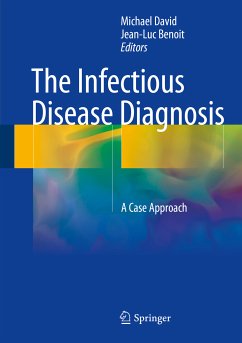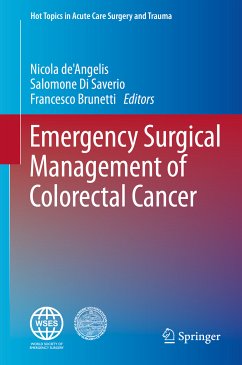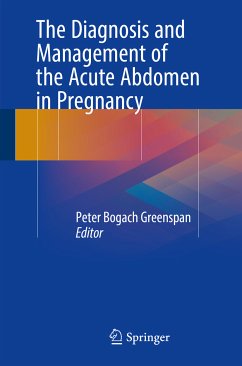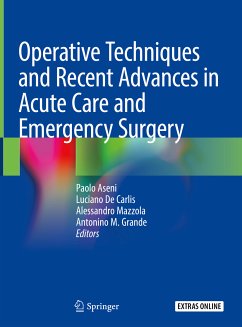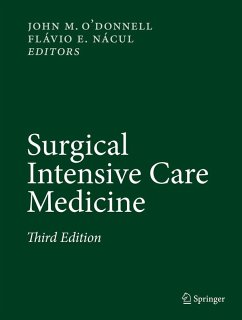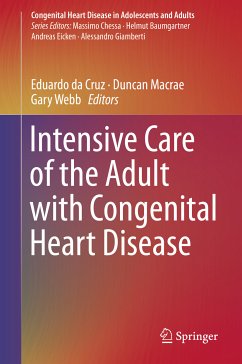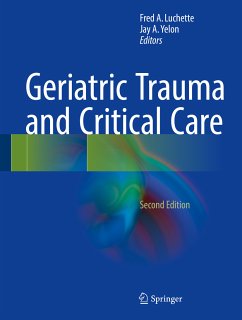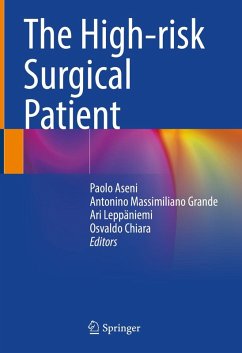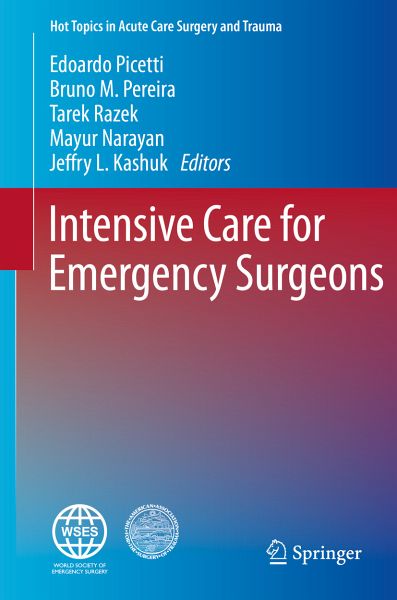
Intensive Care for Emergency Surgeons (eBook, PDF)
Versandkostenfrei!
Sofort per Download lieferbar
88,95 €
inkl. MwSt.
Weitere Ausgaben:

PAYBACK Punkte
44 °P sammeln!
Reports on topics that are relevant for intensivists and surgeons alike
Provides the basis for a dialogue between intensivists and emergency surgeons, helping both groups better understand the needs of ICU surgical patients
Presents a practical approach to basic problems encountered on a daily basis in emergency care
Provides the basis for a dialogue between intensivists and emergency surgeons, helping both groups better understand the needs of ICU surgical patients
Presents a practical approach to basic problems encountered on a daily basis in emergency care
Dieser Download kann aus rechtlichen Gründen nur mit Rechnungsadresse in A, B, BG, CY, CZ, D, DK, EW, E, FIN, F, GR, HR, H, IRL, I, LT, L, LR, M, NL, PL, P, R, S, SLO, SK ausgeliefert werden.



